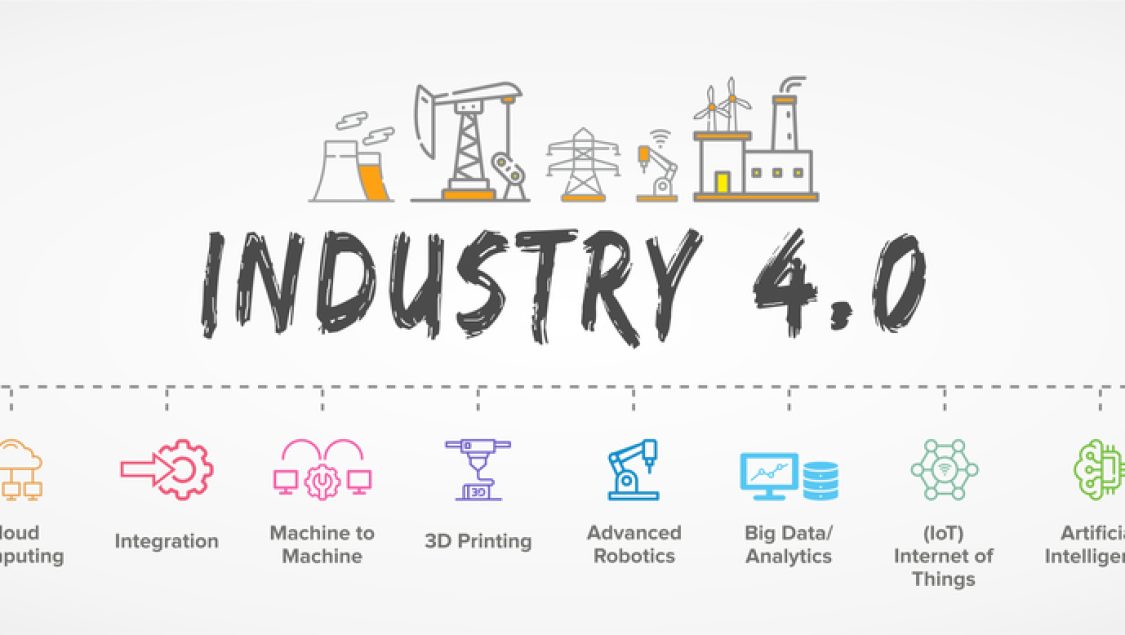The growing adoption of artificial intelligence (AI) tools and language models such as ChatGPT raises concerns about the security of sensitive data in business and personal contexts. Don’t be caught out putting your client’s personal medical information on there, to find it popping up next year for another user.
In the EMEA region, the United Kingdom takes the lead in AI transaction traffic within the business sector, accounting for over 20%, with Spain following in sixth place, contributing 5% of the total.
Batsoftware presents five key recommendations for using AI safely without compromising information.
- Establish Data Protection Policies: Companies must establish clear policies and have strong protection solutions to prevent data leaks. This includes strict access controls and continuous monitoring of AI applications, allowing access only to authorised users and devices. Question: Do you know who uses what?
- Evaluate the Privacy and Security of AI Applications: Businesses must ensure that their confidential information and intellectual property are not exposed. Not all AI applications offer the same level of security: assess the security practices of the tools used and understand how your team handle data before approving the application.
- Continuous Monitoring of AI Usage: Maintaining security is an ongoing process, and continuous monitoring of AI and machine learning interactions is crucial part of it. Centralised company subscriptions helps in this way. At Batsoftware, we recommend analysing the traffic and interactions with AI tools to identify unusual or potentially malicious behaviour, thereby ensuring the safety of your data.
- Maintain Data Quality: Organisations must ensure that the data used to train and operate AI applications is high quality, as poor-quality data can produce incorrect results. At BAT, we spend a lot of time training AI agents (ie training the machine), and within five years this sort of activity will be common place, even in small IFA firms. You may have spent a lot of time training your paraplanner, but now you, or they, will be spending time training AI agents.
- Prepare for AI-Driven Threats: Attackers may leverage AI to develop sophisticated malware, conduct phishing campaigns, and exploit company infrastructure vulnerabilities. Advanced AI-based security solutions will be needed to work against them, to keep your team informed, and train staff to detect such threats. This proactive approach will make you feel prepared for any potential threats.
When I started a full time Cyber security hire, it was an unusual position, but these roles, like “prompt engineer” and AI-agent, is part of the new world that you will embrace.
